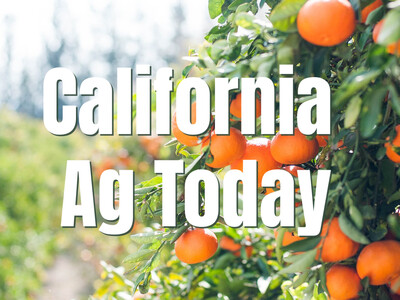What it Takes to Have an Applicator's License
Every now and then I hear someone — uninformed — spout off about how this or that farmer just dumps the pesticides all over his or her field. On behalf of my farmer friends — today’s topic is what it takes and means to have an applicator’s license.In order to apply chemical to any field, the applicator must have a state-issued applicator’s license and in order to get that you have to take a test as well as continuing education to maintain that license. The details do differ between our states, so always refer to your own state’s Department of Agriculture rules.
In Washington there are three types of licenses — commercial applicator’s license is for an employee of an agribusiness company that supplies and/or applies the product to multiple farmers. A private applicator’s license has a different fee and lesser requirements for either farmers or their employees applying products only to that farmers’ land. The third applicator’s license deals specifically with rangeland.
Executive Director of the Far West Agribusiness Association Jim Fitzgerald says
Fitzgerald: “The advantages of course obviously is to be compliance with the law. You are required to have the proper designation on your applicator’s license — commercial or private. The second most important part is the labeling. Each of the pesticide products have to be labeled with the State of Washington. The label is the law.”
He adds that both commercial and private applicators can receive continuing education credits at the Far West Agribusiness Association’s Winter Conferences that happen in December and January.














